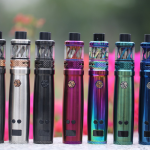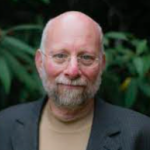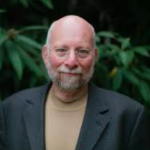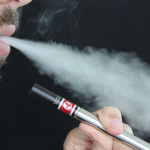“Electronic cigarettes are the most used tobacco products among youths in the U.S.” So begins a new report in JAMA Network Open. Given all the attempts to reduce use, how are we doing?
e-cigarettes
From 1839 to 1842, the British attacked China over the Chinese government's decision to ban opium. The French joined the fray between 1856 and 1860. The military superiority of the Western powers resulted in the legalization of opium in China. Karma – in the form of China's payback to the Western powers – is a bitch.
The Cochrane Library recently completed a review of “the comparative benefits, harms and tolerability of different smoking cessation pharmacotherapies and e-cigarettes, when used to help people stop smoking tobacco.” Spoiler alert: as we have shown, e-cigarettes are a significant aid in reducing dependency on smoking tobacco.
Public health agencies have no problem recommending people replace tobacco smoke with nicotine patches or chewing gum. Yet they have a seemingly visceral dislike for replacing tobacco smoking with nicotine e‑cigarettes, even though research shows nicotine e‑cigarettes are more effective than patches or gum. Perhaps it’s because the act of vaping too closely resembles the act of smoking. Whatever the reason, it’s not evidence-based.
Has the FDA lost its mind or just the ability to use it? ACSH advisor Dr. Jeffrey Singer discusses banning of Juul e-cigarettes.
The World Health Organization does a tremendous job advancing the cause of global public health. But two recent, major screw-ups show that the institution is far from perfect. In one instance, a group of UK scientists accused the WHO of spreading "blatant misinformation."
Public health advocates regularly promote bans on flavored liquids, or e-liquids, used in e-cigarettes, arguing that they prompt teenagers to take up vaping and ultimately “hook” them on nicotine. While this is a reasonable concern, the evidence shows that banning flavored e-liquids would discourage adult smokers from giving up cigarettes and do little to quell teen vaping, which is low in both the U.S. and U.K.
Clickbait – provocative and intentionally misleading headlines online, designed to draw in newspaper or magazine readers – are nothing new to ACSH, or one of our trusted advisors. Have things gotten worse? That advisor, Dr. Jeffrey Singer (pictured), wonders whether scientific studies have stooped to an extremely low level.
The ALA does not approve of e-cigarettes, despite the fact that thousands of smokers have used them to quit. Is their reluctance to acknowledge the utility of e-cigarettes due to a financial conflict?
The so-called War on Drugs, a spectacular failure by any measure, just got more complicated (and worse) because of vaping. New ACSH advisor Dr. Jeffrey Singer (pictured) argues that we are seeing a modern version of Prohibition decorated with vaping devices.
Our northern neighbor has banned flavors in vaping products since 2015. The results are mixed, and the ban represents an incomplete solution to underage use of this new nicotine delivery system. If flavor is not the only gateway, might we consider the desire to rebel and be part of a group?
In the wake of over 1,000 injuries and dozens of deaths due to vaping, the public is right to be concerned about the safety of e-cigarettes. Given that we have covered this issue in some depth, we wanted to provide a resource that answers as many questions as possible and provides links to our other articles.











